Daily: No model right for Kosovo
Daily Danas writes that good and bad experiences from international models of the past can be used to implemented future relations regarding Kosovo.
Wednesday, 17.03.2010.
09:52

Daily Danas writes that good and bad experiences from international models of the past can be used to implemented future relations regarding Kosovo. Danas writes that there is no international model that can be directly implemented for the future relations between Belgrade and Pristina, but that former experiences from around the world can help. Daily: No model right for Kosovo Foreign policy expert Nenad Vasic said that the model of cooperation between the former East and West Germanys, mentioned during the Kosovo status talks of 2007, could be a good solution, adding that Belgrade and Pristina never gave the reasons for why such a proposal was rejected. He said that Belgrade’s decision to reject the plan at the time was exemplary, considering the fact that there was a bipolar order after World War II marked by the differences between the USSR and U.S., which is not the case now. Vasic said that the other argument for not accepting the German model was the fact that the same ethnic group of people lived in these two German countries. However, he said that the tolerant and peaceful solution of the two German countries represent a good historical example. He said that the main difference between the Kosovo situation and China and Taiwan is that Taiwan is not a territory that is an international protectorate. “The model of China and Taiwan is not acceptable because there is an insistence on an international presence here, which is regulated by Resolution 1244, but Belgrade needs to intensify legal economic cooperation with Pristina, which is included in regional agreements under the name of UNMIK/Kosovo,” Vasic said. Former Serbian ambassador to the U.S. Ivan Vujacic said that the given models are all specific, as is the Kosovo situation. "If we do not wish this situation to last endlessly, we need to offer a solution, and the example of Ireland is perhaps the closest one, and we should see in what way Ireland became an EU member-state," he said. He said that the unresolved relations between Palestine and Israel, China and Taiwan, Cyprus and the Turkish part of the country have been ongoing for many years. Vasic said that the Cyprus model is the most risky, even though Belgrade officials have shown interest in it. "If Cyprus is seen as a united country, that means that Turkey should refrain from the recognition of the Republic of Northern Cyprus if it wants to become an EU member-state. According to this scenario, Serbia should then one day accept the secession of Kosovo as a finished act, if the independence of the province is recognize by all 27 member-states of the EU," he said. Vasic said that a possible solution for Kosovo's status could follow the lead of the Free State of Bavaria, because that German province has independent executive, court, and legislative administrations, but does not have international legal subjectivity. He said that such a model could be accepted by Kosovo Albanians as well "since daily Koha Ditore wrote an affirmative story on the topic five years ago."
Daily: No model right for Kosovo
Foreign policy expert Nenad Vasić said that the model of cooperation between the former East and West Germanys, mentioned during the Kosovo status talks of 2007, could be a good solution, adding that Belgrade and Priština never gave the reasons for why such a proposal was rejected.He said that Belgrade’s decision to reject the plan at the time was exemplary, considering the fact that there was a bipolar order after World War II marked by the differences between the USSR and U.S., which is not the case now.
Vasić said that the other argument for not accepting the German model was the fact that the same ethnic group of people lived in these two German countries. However, he said that the tolerant and peaceful solution of the two German countries represent a good historical example.
He said that the main difference between the Kosovo situation and China and Taiwan is that Taiwan is not a territory that is an international protectorate.
“The model of China and Taiwan is not acceptable because there is an insistence on an international presence here, which is regulated by Resolution 1244, but Belgrade needs to intensify legal economic cooperation with Priština, which is included in regional agreements under the name of UNMIK/Kosovo,” Vasić said.
Former Serbian ambassador to the U.S. Ivan Vujačić said that the given models are all specific, as is the Kosovo situation.
"If we do not wish this situation to last endlessly, we need to offer a solution, and the example of Ireland is perhaps the closest one, and we should see in what way Ireland became an EU member-state," he said.
He said that the unresolved relations between Palestine and Israel, China and Taiwan, Cyprus and the Turkish part of the country have been ongoing for many years.
Vasić said that the Cyprus model is the most risky, even though Belgrade officials have shown interest in it.
"If Cyprus is seen as a united country, that means that Turkey should refrain from the recognition of the Republic of Northern Cyprus if it wants to become an EU member-state. According to this scenario, Serbia should then one day accept the secession of Kosovo as a finished act, if the independence of the province is recognize by all 27 member-states of the EU," he said.
Vasić said that a possible solution for Kosovo's status could follow the lead of the Free State of Bavaria, because that German province has independent executive, court, and legislative administrations, but does not have international legal subjectivity.
He said that such a model could be accepted by Kosovo Albanians as well "since daily Koha Ditore wrote an affirmative story on the topic five years ago."











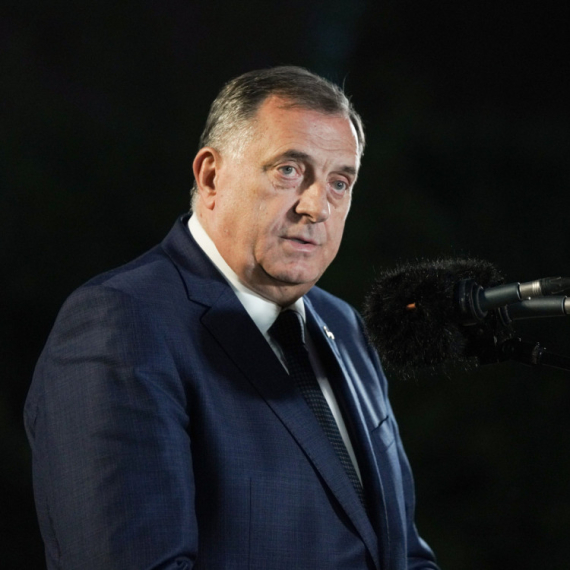

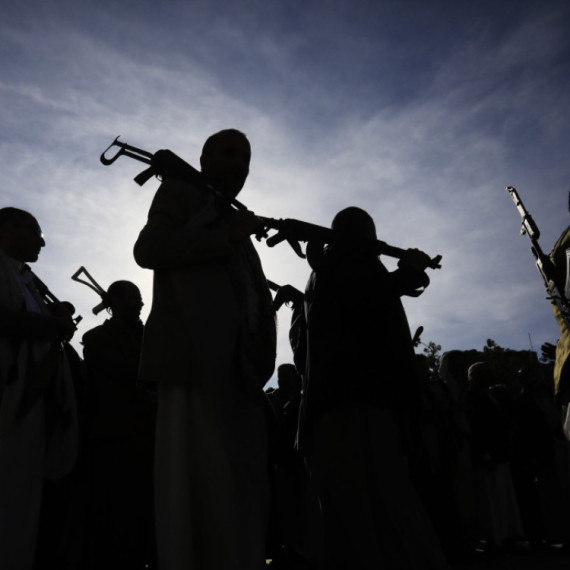











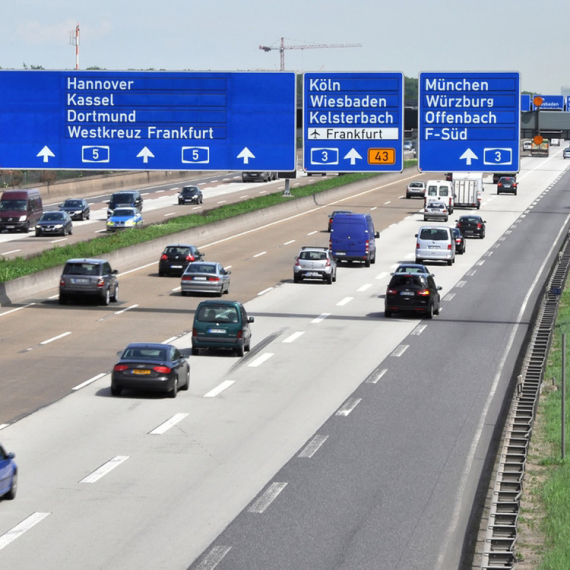
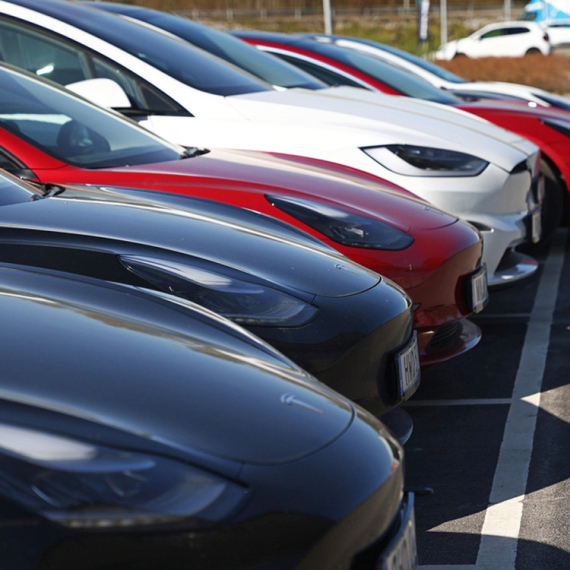



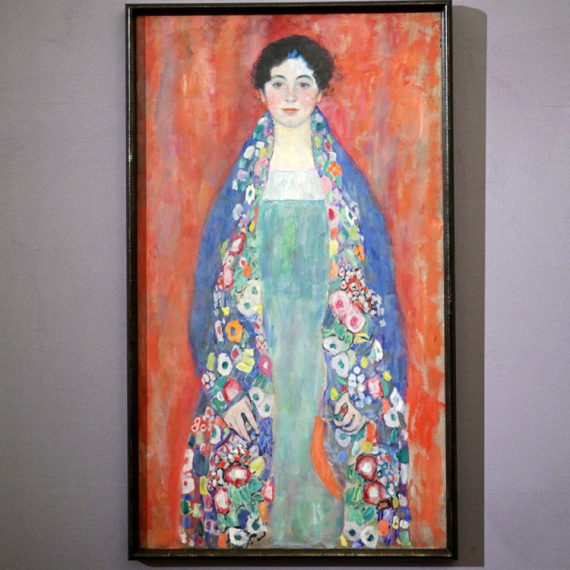
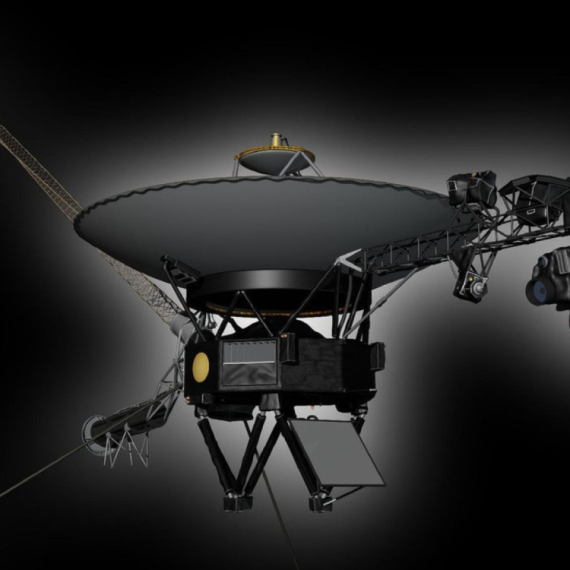




Komentari 17
Pogledaj komentare